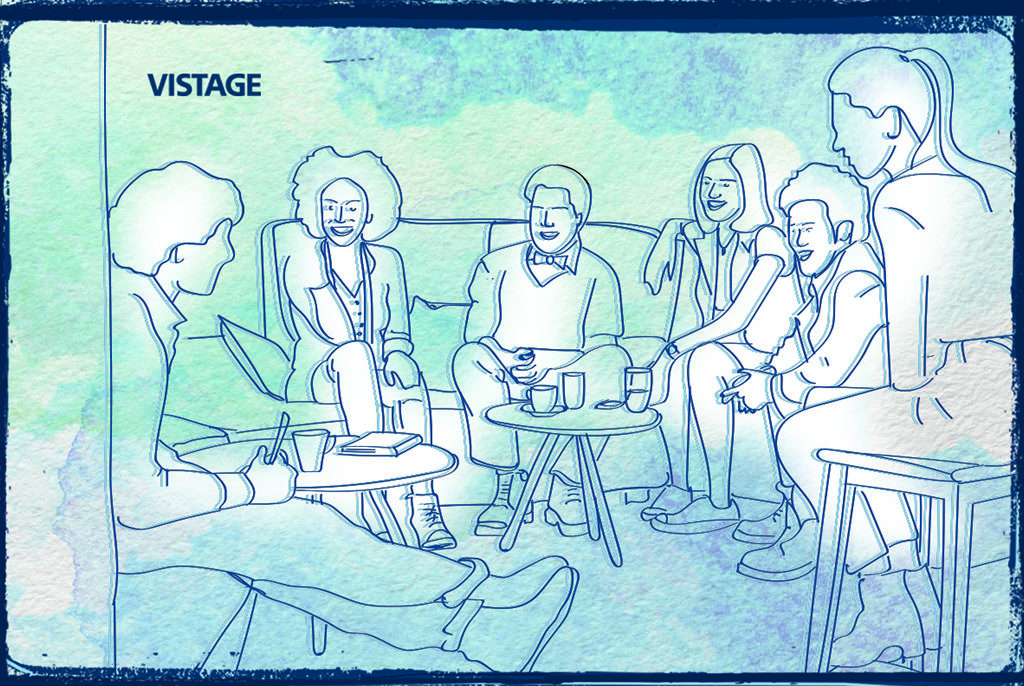From IQ to EQ to We-Q: Are Your Teams Prepared to Innovate?

There has been much debate about the nature of intelligence and how different strengths in one or another confer skills that have significant applications in the commercial world.
The most notable of these is the discussion about EQ, or our emotional intelligence, popularized by authors such as  Daniel Goleman. Our emotional intelligence, it is asserted, is critical to those of us who wish to lead, to sell more effectively, or in fact to understand and influence those around us in many of our day-to-day business activities.
Daniel Goleman. Our emotional intelligence, it is asserted, is critical to those of us who wish to lead, to sell more effectively, or in fact to understand and influence those around us in many of our day-to-day business activities.
But there is another intelligence that takes these relational skills a step further: In an age of increasing complexity and interconnectivity, our collaborative intelligence, or We-Q, is becoming increasingly important.
This goes beyond the traditional corporate team building as even the largest organizations find it difficult to house every expertise under one roof.
Increasingly, managers and teams are being driven to build commercial relationships with partners, suppliers and even hitherto competitors as the need to combine strategic strengths and blend product offerings becomes more common. This is becoming more and more critical in many industries as they try to navigate the digital revolution.
This intelligence is also critical to innovation. Successful innovation, according to Patent Offices around the world, is not just a capacity to create the new, but also an ability to link the existing in new and interesting ways.
So how do we raise our We-Q?
- Change the metric– If we are serious about raising collaborative intelligence in our organizations, we need to prioritize this behavior in how we evaluate performance. One of the issues with relying solely individual KPIs is that they take no account of team performance. If an individual’s ability to rise through the organizational hierarchy and increase their financial remuneration is in no way linked to how they interact with others, then there is little incentive to behave collaboratively. In other words, we need to establish Co-PIs that measure, encourage and reward a capacity to perform in a connected way.
- Actively seek cognitive diversity– Many organizations talk about diversity in quite an old-fashioned way. It can be seen as an exercise in corporate social responsibility rather than as a bottom line asset. In other words, management will hire based on diversity of gender or ethnicity but fail to identify cognitive diversity. This can lead to contextual blindness, particularly where expertise is largely homogenous. What this means is, we become so adept at “how things get done around here,” that we lose sight of how things might be done better.
- Open Process– If we are to drive collaborative intelligence throughout organizations, we need to accept that there will be some discomfort and even friction as processes open up. Part of breaking down silos and opening conversations interdepartmentally requires establishing “We” spaces not just “Me” spaces. The problem is, human beings are incredibly attached to their “Me” spaces, and often for good reason – they help us focus, tune out distractions and create efficiencies in our behavior. However, if collaboration is the goal, and it should be, we need to be just as mindful of creating environments that allow for cross-departmental pollination of ideas and spaces where ideas can be shared, evolved and built by various hands.
- Oneness of Purpose– Of course, the role of leadership in helping raise the collaborative intelligence of an organization is critical. It is in the establishment of a singular driving purpose, that works to both unite the efforts of different team members but also serves as a filter or lens for strategic decision making, that allows collaboration to become focused and tangible.
In the end, a lack of collaboration is less a failure of our teams and more a function or our leadership.
Category: Innovation Leadership

